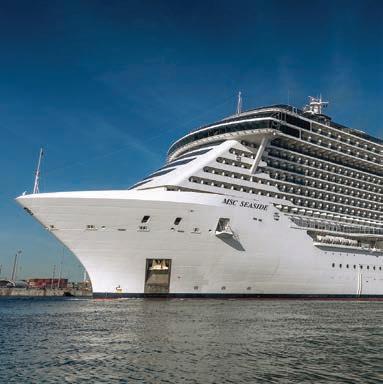If your symptoms do not improve within 48 hours, seek medical attention for the possibility of a parasitic infection. TD treatments do not eradicate parasites such as Giardia intestinalis, which causes the diarrheal disease giardiasis; antimicrobial drugs are needed to get rid of Giardia. Be prepared by doing the following: • Learn about specific risks at your destination, and mitigate them. • Use hand sanitizer that is at least 60 percent alcohol. • Carry loperamide with you. Prevention: The best defense is to develop safe eating and drinking habits when you are visiting high-risk areas. Most cases of TD can be avoided by eating only food that is not just cooked but is steaming hot, that has a high acid content (such as citrus fruits — oranges, grapefruits, etc.), that has a high sugar content (such as jellies or syrups) or that is dry (such as bread). Any foods that are moist and warm or served at room temperature are potentially unsafe. This includes sauces, salads and anything served on a buffet. Citrus and other fruits that you peel are safe, assuming your hands and utensils are clean. Unpeelable fruits, such as grapes and berries, are not safe. An unpeeled tomato is not safe, but a tomato that you peel is safe. Watermelons are sometimes injected with water to make them heavier, so consider them unsafe, particularily when they are sold by weight instead of by size or unit. Untreated water is not safe, but bottled drinks, wine and beer can be considered safe. Bottled water must have an intact seal at the time of purchase to be considered safe. Be aware that in some locations, local people will sometimes refill empty water bottles at a town well and resell them as supposedly safe water, so make sure your bottles have an intact 76
seal, and purchase water only from reputable sources.





























